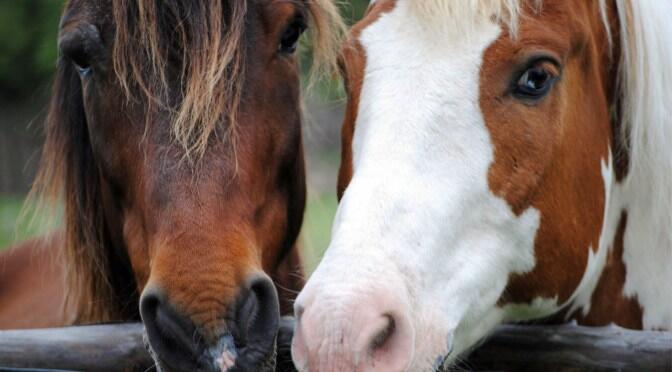British researchers have tried to understand social influence between human beings and animals by analyzing the reactions of their facial muscles. When you think of animals that are most similar to humans, we often evokes monkeys, but rarely horses. Yet these elongated snout animals share many of our facial expressions, according to researchers at the University of Sussex, UK. In a study published in the scientific journal Plos One, the team explains this similarity has been determined by adapting a tool for measuring facial muscles called FACS (Facial Action Coding System) to the morphology of horses. Researchers were able to identify, despite the difference in structure, many muscles that share the same reflex in humans and in horses. The relationship between man and horse would be able to change certain social, cognitive and morphological of the animal. By continuing their research, the scientists hope to improve their understanding of comparative psychology in the social environment. If you wonder why dogs or cats, with whom we share more time that horses do not like us much, other research explain that their means of communication is different, they have “less need” to adopt our mimics, reports the website Medical Daily.











